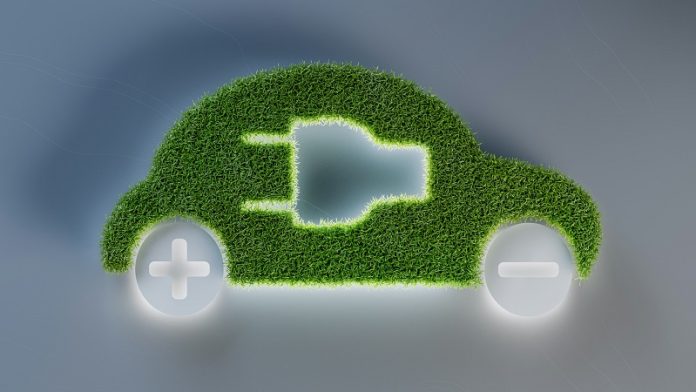
Scientists Unveil New Strategy for Ultrafast-Charging Lithium-Ion Batteries
Scientists have developed a groundbreaking method to significantly speed up the charging process of lithium-ion batteries (LIBs), a key technology in everything from smartphones to electric vehicles.
This new strategy, published in the Journal of the American Chemical Society, focuses on enhancing solid-state electrocatalysis—a process previously thought to be limited to liquid or gas interfaces.
In traditional LIBs, materials like silicon and phosphorus are used in anodes because they can store more lithium ions than conventional graphite.
However, these materials are slow to react during charging, limiting how quickly the battery can be recharged.
This challenge arises because the lithium-alloying reactions in these materials occur entirely in solid phases, without the typical two-phase interface needed for efficient electrocatalysis.
To overcome this, researchers introduced a novel approach using “heteroatom doping.” This involves adding small amounts of foreign atoms—boron in silicon and sulfur in phosphorus—to create highly active sites that speed up the lithium-alloying reactions.
These doped sites break chemical bonds more easily, splitting the anode materials into smaller, more reactive parts and dramatically enhancing the battery’s charging speed.
The team demonstrated this strategy by creating an ultrafast-charging battery with a sulfur-doped black phosphorus (S/bP) anode paired with a lithium cobalt oxide (LCO) cathode.
The results were impressive: the battery was able to recharge 80% of its energy in just 9 minutes, with an energy density of 302 Wh/kg, surpassing the performance of most previously reported LIBs.
Even more remarkable, this fast-charging capability remained stable over 300 charging cycles.
This research marks a significant advancement in battery technology, offering a promising path towards faster, more efficient energy storage solutions. Led by Professors Ji Hengxing and Wu Xiaojun from the University of Science and Technology of China, in collaboration with Professor Duan Xiangfeng’s team at UCLA, this work could pave the way for new industrial applications in high-energy, fast-charging batteries.
Source: KSR.



